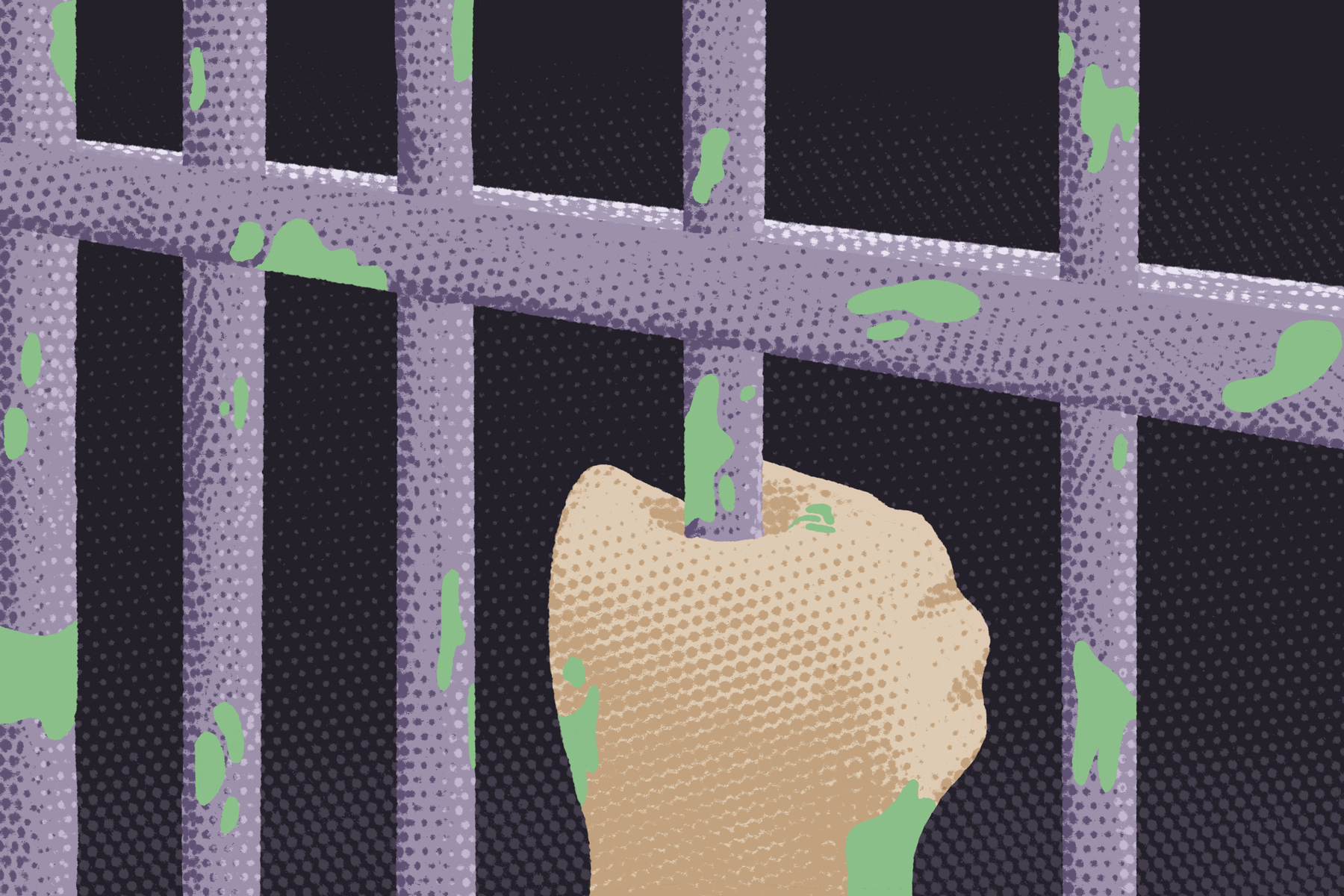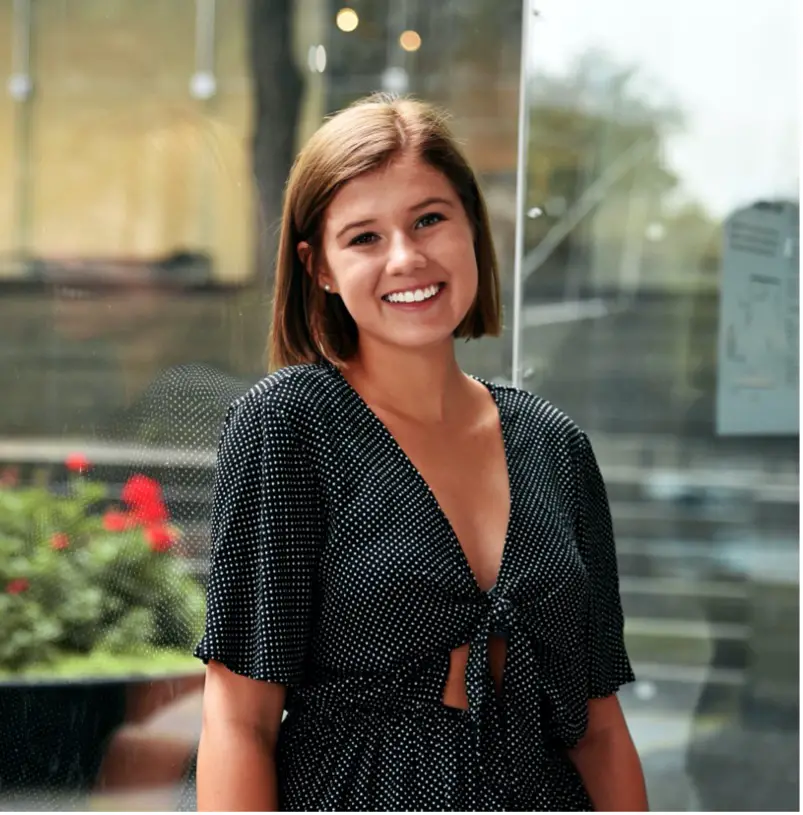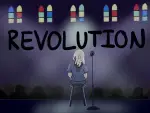The United States’ total number of COVID-19 cases has surpassed a staggering 20 million cases with a catastrophic 340,000 deaths. When we look at these cold, hard statistics, it’s hard to think about who exactly is being affected and what groups are suffering disproportionately. The Marshall Project is drawing attention to one critical group that has been neglected: inmates and their corresponding correctional officers, nurses and wardens.
The Marshall Project is a nonpartisan, nonprofit news organization that seeks to create and sustain a sense of national urgency about the U.S. criminal justice system. They have attempted to bridge this gap by collecting data on COVID-19 infections in state and federal prisons since COVID-19’s inception in March. The numbers are shocking. Since the latest data collection on Dec. 15, there have been at least 276,235 cases of coronavirus reported among prisoners, with at least 1,738 reported COVID-related deaths with a mortality rate that is 45% higher than the national average. Other groups of at-risk individuals in these facilities include correctional officers, nurses, chaplains, wardens and other workers. Their positive COVID-19 rates have reached a staggering 67,883 cases, with 113 reported deaths.
To put these numbers into perspective: one in five prisoners in the U.S. has had COVID-19. This is a rate more than four times as high as the general population and in some states (Kansas, Arkansas, Michigan and South Dakota), more than half of prisoners have been infected, according to data collected by The Marshall Project.
These numbers don’t even begin to encapsulate all affected prisoners. Homer Venters, the former chief medical officer at New York’s Rikers Island jail complex, notes, “the number is a vast undercount.” Venters has conducted more than a dozen court-ordered COVID-19 prison inspections around the country and still encounters “prisons and jails where, when people get sick, not only are they not tested but they don’t receive care, so they get much sicker than need be.”
So now what? As The Marshall Project outlines in its mission statement: “In all of our work we strive to educate and enlarge the audience of people who care about the state of criminal justice.” United States citizens need to heed this education and realize that the criminal justice system is flagrantly flawed, especially in light of the COVID-19 pandemic, which has only amplified the inequity between the have and have-nots.
Inequity
Prisoners are often viewed as the bottom of our social hierarchy and consequently are often ignored by the vast majority of the population. Nothing has changed with the current pandemic. We are still failing to address our criminal justice system and its 2.3 million inmates, who are experiencing disproportionate numbers of COVID-19 cases in comparison to non-incarcerated U.S. citizens.
This injustice doesn’t just exist between the incarcerated and non-incarcerated; the pandemic has additionally taken a disproportionate toll on communities of color. Black Americans are more likely to be infected and hospitalized with COVID-19 and are more likely than other races to have a family member or close friend who has died from the virus. Nationwide, Black people are dying at 1.6 times the rate of white people.
This racial disparity extends to those within the criminal justice system as well. As The Marshall Project’s data shows, Black Americans are incarcerated at five times the rate of white Americans. Black people are disproportionally being infected and dying from COVID-19 both within and without prison walls. As David J. Harris, the director of the Charles Hamilton Houston Institute for Race and Justice at Harvard Law School, notes, the pandemic “increases risk for those who are already at risk.”
The Vaccine
Now, with the rollout of a COVID-19 vaccine, the question has never been more pressing: What decisions will politicians and policymakers make in regard to the criminal justice system? When will inmates receive the vaccine?
Unfortunately, as of now, the policy has been largely discouraging. There has been pushback from many states against giving the shots to inmates early. Governor Jared Polis, from Colorado, is a clear example of this. As he notes, rather brashly, “There’s no way it’s going to go to prisoners … before it goes to the people who haven’t committed any crime,” after Colorado’s initial vaccine prioritized giving the vaccine to prisoners before the general public.
Like more than a dozen other states (Alaska, Arkansas, Colorado, Florida, Michigan, South Dakota, Texas, Wisconsin, Oregon, South Carolina), Kansas’ vaccination plan fails to mention prisoners or corrections staff directly, according to the Prison Policy Initiative, despite its disparate COVID-19 infection rate of one in two infected inmates.
Seven states (Connecticut, Delaware, Massachusetts, Maryland, Nebraska, New Mexico and Pennsylvania) commendably put prisoners near the front of the line, listing them in phase one of their vaccination plans.
An additional 19 states fell somewhere in between (Alabama, Arizona, Georgia, Idaho, Illinois, Indiana, Iowa, Louisiana, Maine, Mississippi, New Hampshire, North Dakota, Ohio, Oklahoma, Rhode Island, Tennessee Utah, Vermont and Washington), placing prisoners in phase two of their vaccine rollouts. Phase two is too late, though. We should be prioritizing our inmates because when we look at the numbers, COVID-19 is disproportionately infecting and killing prisoners.
We often fail to think about inmates, and with a surging, deadly pandemic, the toll that COVID-19 has taken on the incarcerated has failed to gain news attention. How can we make this catastrophe a political agenda that will gain traction?
Lauren Brinkley-Rubinstein, a professor of social medicine at UNC-Chapel hill who studies incarceration and health, says it best: “We have to stop thinking about [prisons] as a place apart.” Rather, we need to think about our prisoners as our fellow citizens, who deserve the three universal human rights that America promises its citizens: life, liberty and the pursuit of happiness. Most importantly, the right to life.

















